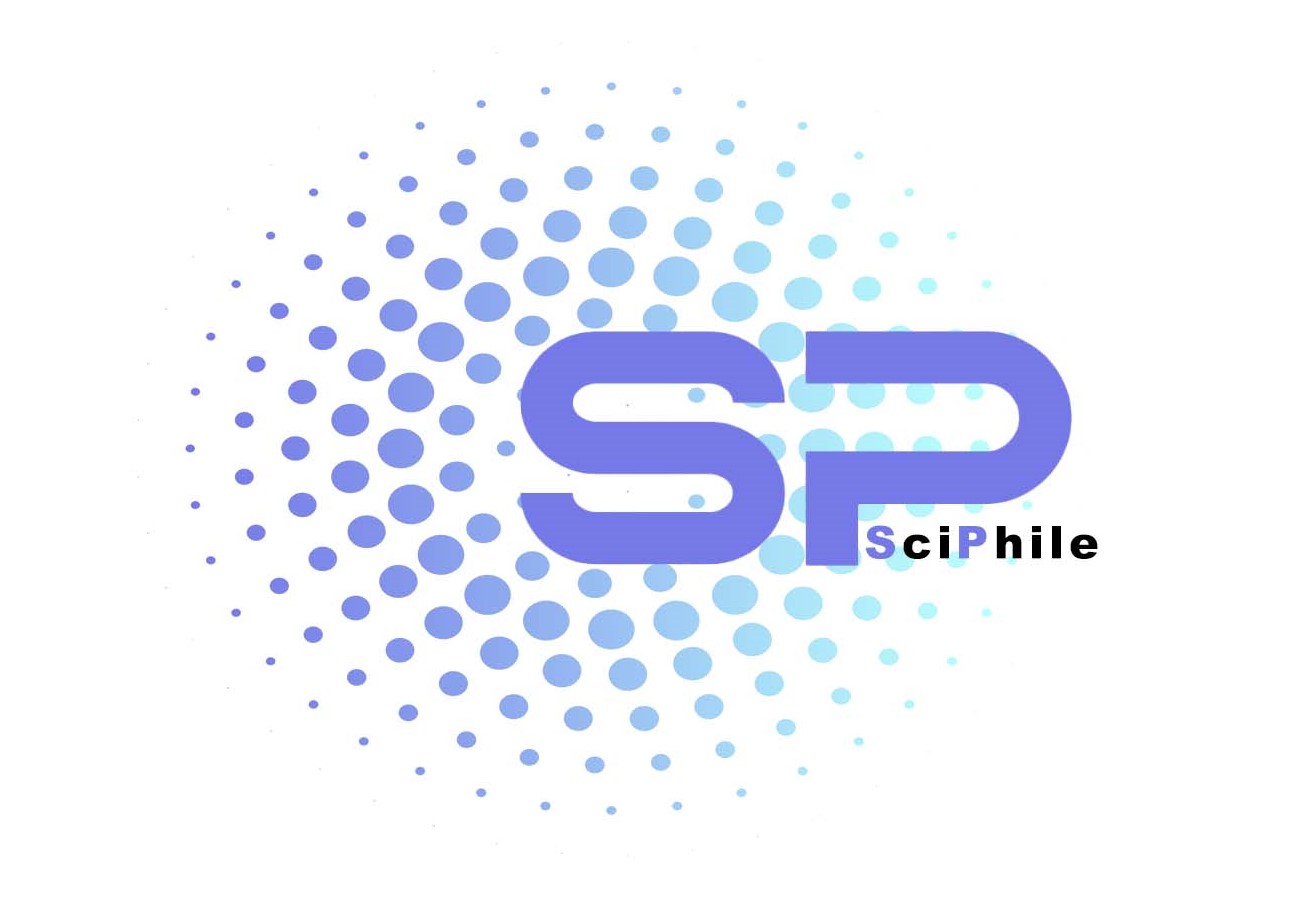The effectiveness of emotional intelligence training on action control and self-criticism of high school students
Keywords:
Emotional intelligence, action control, self-criticismAbstract
Background and Aim: Since adolescence is a period in which intense emotions accompany the physical and psycho-social changes of adolescents and many nervous and cognitive systems that control emotions grow during this period. Therefore, it is necessary to have training based on emotional intelligence. This study aimed to investigate the effectiveness of emotional intelligence training on action control and self-criticism of high school students. Methods: The current research was applied in terms of purpose and quasi-experimental research design with a pre-test and post-test design with an experimental group and a control group and a two-month follow-up period. The statistical population of the research included all the second-level high school students who were referred to counseling centers in the 7th district of Tehran. For sampling, the available targeted sampling method was used. For this purpose, 20 students were selected as the statistical sample of the research and were equally assigned to two experimental and control groups. An emotional intelligence training program was implemented for the experimental group, while the control group did not receive any intervention. The data collection tool was Thompson & Zuroff's self-criticism questionnaire (2004) and Diefendorff's action control questionnaire (2000). Multivariate analysis of variance and SPSS software were used for the statistical analysis of the data. Results: The results of the data analysis showed that emotional intelligence training reduced self-criticism scores (F = 12.83) and increased action control scores (F = 10/04) The experimental group had a significant effect. Also, the results of the LSD follow-up test indicated good stability of these effects. Conclusion: Therefore, emotional intelligence training can lead to decreased self-criticism and increased action control of secondary school students
Downloads
Downloads
Published
Issue
Section
License
Copyright (c) 2023 Samira Oladian , Roghayeh Yaghobian , Maryam Salahshour (Author)

This work is licensed under a Creative Commons Attribution-NonCommercial 4.0 International License.








































